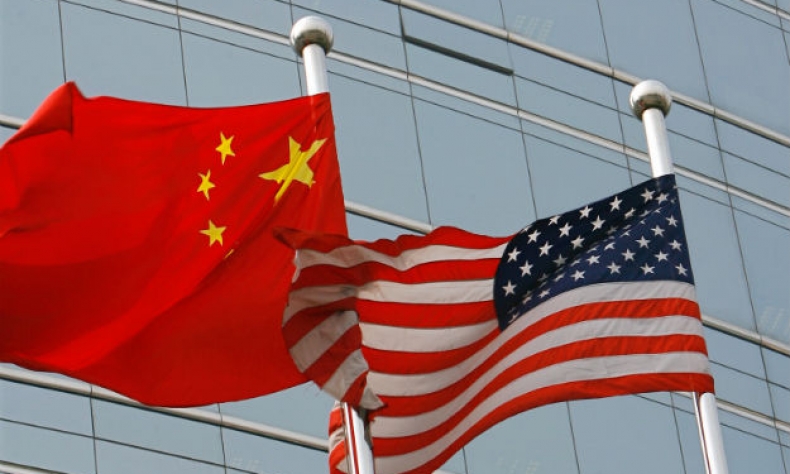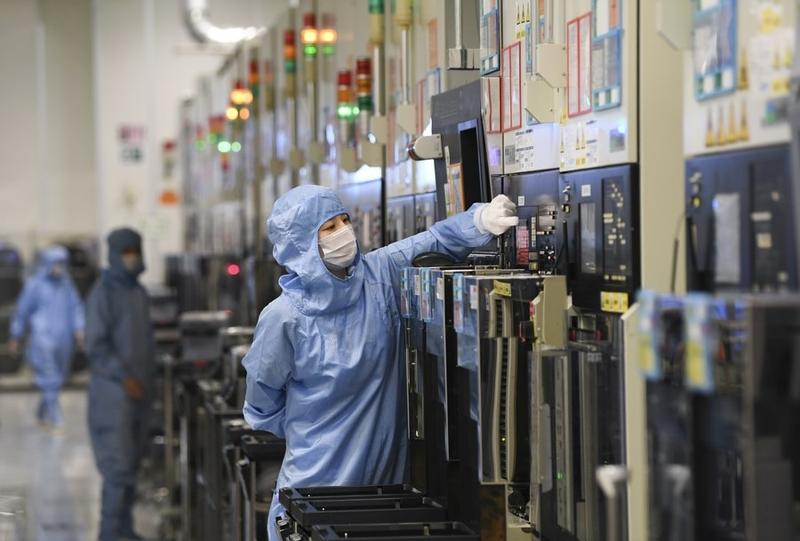Sino-U.S. Tech Pact Renewed

Simply regarding China-U.S. science and technology relations as a zero-sum diplomatic game will undermine the far-reaching significance of science and technology cooperation.
The Agreement Between China and the United States on Cooperation in Science and Technology has finally been renewed after more than a year of negotiation and two temporary extensions. According to China’s Ministry of Science and Technology, representatives of the Chinese and U.S. governments met on December 13 in Beijing and signed the protocol on amending and extending the agreement for another five years, beginning from August 27, 2024.
The newly signed protocol narrowed the scope of cooperation, covering collaboration in fields including climate, oceanography, geology and the collection of influenza and air quality data, but excluding the work on critical and emerging technologies such as artificial intelligence, semiconductors and quantum computing. Accordingly, industrial insiders now see the pact as being limited by severe restrictions.
Despite these restrictions, the renewal of the pact is of great significance in a world where anti-globalization sentiments are rising.
It will play a positive role in stabilizing Sino-U.S. relations. Against the backdrop of geopolitical tensions between China and the United States, it is a positive sign that the two sides are still willing to maintain cooperation in science and technology. Termination of the agreement would have caused the suspension of many cooperation projects and had negative impacts on trust and cooperation among scientists.
The renewal of the pact shows that despite their strong competition, the two sides are still committed to maintaining order within international science and technology cooperation, which is of great significance to the stability and development of the global science and technology ecosystem. It also enables China and the United States to jointly address global issues, such as climate change and public health, and provide innovative solutions to global issues through science and technology cooperation.

The renewed agreement addresses the rise in geopolitical tensions by adding safeguards to protect national security, demonstrating effort by China and the United States to seek a balance between security and cooperation.
The Agreement Between China and the United States on Cooperation in Science and Technology was first signed in 1979 as one of the first intergovernmental agreements between the two countries after their establishment of diplomatic ties. It has been renewed every five years since then, including during Donald Trump’s first presidential term, providing strong support for China-U.S.science and technology exchanges and cooperation.
China-U.S. science and technology cooperation not only promotes scientific and technological progress and the economic and social development of the two countries, but also helps the two sides address common global challenges and improve the wellbeing of people around the world.
However, in recent years, China hawks in the United States have attempted to politicize and overstretch the concept of national security on science and technology issues, pushing the U.S. Government to abandon the renewal of the agreement on the grounds of concerns that China may use the fruits of bilateral science and technology cooperation to harm U.S. interests.
Simply regarding China-U.S. science and technology relations as a zero-sum diplomatic game will undermine the far-reaching significance of science and technology cooperation. As humankind is a community with a shared future, only through mutual cooperation can we address common problems. This only adds to the significance of this agreement.
We hope that the U.S. will work with China to earnestly implement the agreement, so that the fruits of China-U.S. science and technology cooperation will continue to benefit the two countries and the world.
 Facebook
Facebook
 Twitter
Twitter
 Linkedin
Linkedin
 Google +
Google +










